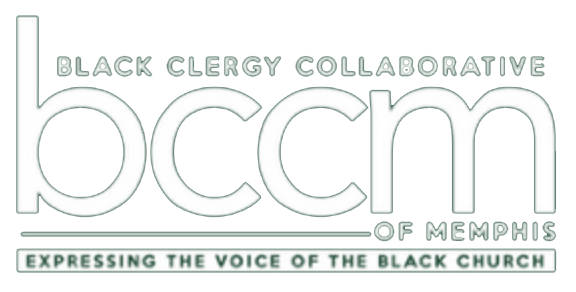In 2019, the Feeding America Map the Meal Gap study showed that 140,940 residents of Shelby County, including Memphis, were food insecure in the year prior. That means close to 15 percent of people faced “lack of access, at times, to enough food for an active, healthy life for all household members and limited or uncertain availability of nutritionally adequate foods.” In later reports, the hunger relief organization estimated that the pandemic increased food insecurity in Memphis so that today, at least one in five people don’t have enough food to stay healthy.
Persons with disabilities, Blacks, Hispanics, and American Indians are among the most food insecure and experience hunger at rates almost 50 percent greater than White households; in fact, African-American households face hunger at two times the rate of white, non-Hispanic households. Food insecurity is linked to a range of adverse health outcomes, such as malnutrition and failure to thrive in babies; poor physical and mental health; challenges to cognitive development and school performance; and increased risk of chronic, noncommunicable diseases in adulthood.
